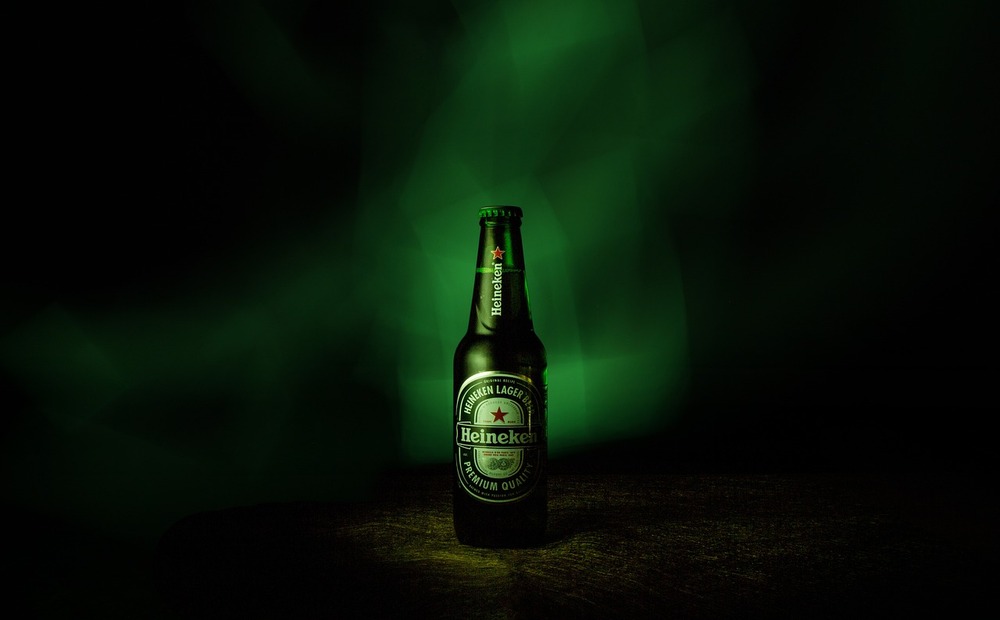By Angeliki – Myrsini Spiliopoulou,
The last few days, a trial in Netherlands has evolved to a very high-profile case. The dispute started in 2014 and the final solution was given after almost 10 years because of the litigation system. All began in Greece, where the Hellenic Competition Commission in 2015 decided that a brewing company named “Athenian Brewery S.A.” with their seat in Athens, abused their dominant position. However, the great problem had to be answered by the court of the Netherlands.
Specifically, the H.C.C. included the practices of “Athenian Brewery S.A.” to the forbidden actions that are pictured in article 102 of “Treaty on the Functioning of the E.U.” and the article 2 of the Greek law 3959/2011. According to those two similar articles, practices forbidden to companies with great market share, compared to their competitors, are the ones that comprise abuse of a dominant position. Abuse is an objective concept, which occurs when a dominant company makes use of practices different from the ones that characterize a healthy competition and through those practices the company influences the market’s structure in a way that hurts competition in a great degree. That kind of practices are categorized by the European Commission in:
- Exclusive dealings: Dominant Companies commit their customers to buy exclusively from them based on agreements between them (e.g. exclusive purchasing) or even, motivating them to do it in a binding way (e.g. conditional rebates).
- Tying and bundling: when the customers, in order to buy one product, have to buy a bigger quantity or more than one.
- Predation: practices that hurt the Dominant Company’s income but have as a final target the competitor’s exclusion.
- Refusal to supply: Dominant Companies refuse to supply essential facilities to customers without any excuse.
From the judgment 590/14 the H.C.C. concluded that ”Athenian Brewery S.A.” had abused their dominant position by practices of the first category. As it was proved, the corporation had the long-term policy (1998-2014) to commit their customers with exclusive dealings aiming to decrease their competitor’s power in the market. As it is mentioned briefly in the decision, the company used to operate wholesale and retail sale, but when they sold on shops for on-trade consumption, they had an extra term; they didn’t allow them to sell in their shops other beverages, produced by “Athenian Brewery S.A.” competitors. Moreover, there were events in which they obligated big franchised restaurants to buy only from their beers or even paying them in order to do it. As a logical consequence, those unjust events triggered “Macedonia-Thrace Brewery” to report their competitor and give motivation to H.C.C. to start its own motion review. Unfortunately for the violator, the result was for them to pay a fine of 31.451.211 euros.

However, the story couldn’t end only with a fine: ”Macedonia-Thrace Brewery”, after the H.C.C.’s ascertained turn against “Athenian Brewery S A.”, asking for compensation for their damages calculated to 160 million. As long as the violator company was subsidiary of Heineken, the damaged company considered both of them responsible. The case had to be examined by the Holland’s court. Firstly, the court had to find out if it had jurisdiction. After a long time and many rejections by the Holland’s Court side, Hoge Raad der Nederlanden, the Supreme Court of the Netherlands, sent two prejudice questions to the Court of Justice of the European Union, which established Holland’s jurisdiction. The court then took the ultimate decision: the responsibility of the mother company was presumed due to the fact that Heineken owned nearly 100% of the “Athenian Brewery S.A.” and nothing proved the opposite!
For a company such as Heineken, this trail has also a symbolic aspect as it is considered to be a triumph against the unhealthy competition of multinational corporations. Obviously, the amount of 160 million euros is quite enough to prove that independent brewings have opportunities to defend themselves and fight for what they deserve in the free market. For them, even if it needs time, there is a mechanism to get to their rights.
References
- Τριανταφυλλάκης Γ. «Δίκαιο Ελεύθερου Ανταγωνισμού». Νομική Βιβλιοθήκη. Αθήνα. 2020.
- Hoffmann-La Roche & Co. AG v Commission of the European Communities. EUR-Lex. Available here
- Απόφαση 590/2014. Ελληνική Επιτροπή Ανταγωνισμού. Available here
- Ζυθοποιία Μακεδονίας Θράκης: Δικαστική νίκη απέναντι στη Heineken – Αξιώνει αποζημίωση 160 εκατ. Ευρώ. Ναυτεμπορική. Available here
- ΠΡΟΤΑΣΕΙΣ ΤΗΣ ΓΕΝΙΚΗΣ ΕΙΣΑΓΓΕΛΕΑ JULIANE KOKOTT της 26ης Σεπτεμβρίου 2024 Υπόθεση C 393/23, Infocuria νομολογία. Europa. Available here




